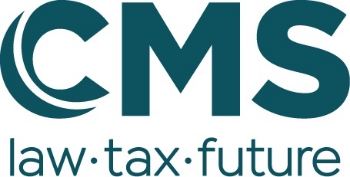In March 2018 we mentioned the boosting of the construction, technology and electric vehicle charging sectors by a proposed rebooting of energy performance of buildings legislation. Today, the Council of the European Union announced agreement on the final version of the revised Energy Performance of Buildings Directive (the "EPBD"). The EPBD will enter into force 20 days after publication in the Official Journal. Member States will have 20 months to transpose the new elements into national law.
If publication in the Official Journal occurs in the next couple of months and a Withdrawal Agreement is subsequently formally agreed with at least a transition period to end 2020, the implementation date of the EPBD should fall within the relevant period and therefore the UK should implement the requirements into domestic law. However, there are a number of long tail requirements for which compliance queries will not arise until well after the transition period. A practical difference will be any surveillance or enforcement and the consultation until 2 August on a "green watchdog" in respect of England and non-devolved environmental matters has direct relevance in this regard. Those interested in ensuring that the opportunities generated by the recast EPBD (and other such legislation) are preserved should consider the above consultation keenly. The buildings and energy sector should in any event closely follow developments at both EU and domestic level.
Press release: http://www.consilium.europa.eu/en/press/press-releases/2018/05/14/energy-efficient-buildings-council-adopts-revised-directive/
The agreed text of the EPBD: http://data.consilium.europa.eu/doc/document/PE-4-2018-INIT/en/pdf
For further information on this topic please contact Olivia Jamison, Paul Sheridan or Alex Ibrahim at CMS Cameron McKenna Nabarro Olswang LLP by telephone (+44 20 7367 3000) or email ([email protected], [email protected] or [email protected]). The CMS Cameron McKenna Nabarro Olswang LLP website can be accessed at cms.law.
This update has been reproduced in its original format from Lexology – www.Lexology.com.




